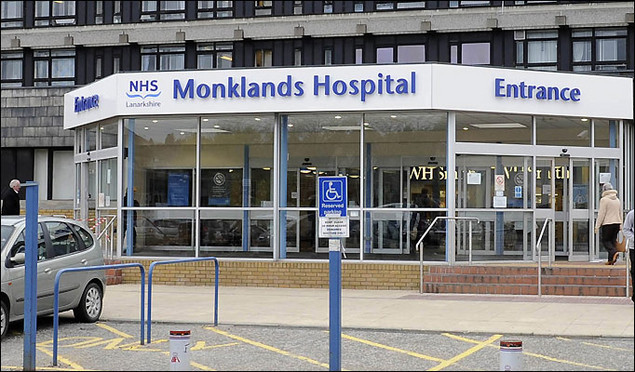The report published by the Health Inspectorate following its announced inspection of Monklands Hospital was a sobering read.
Although the report highlights some areas of strength, it also identifies significant shortcomings, including:
- A lack of training with moving and assisting patients, with examples of patients being “heaved” and “pulled” up the bed. Records show that staff had not received the appropriate “mandatory” training since 2010.
- Non-compliance with the national policy on Do not attempt Cardiopulmonary Resuscitation (DNACRR), with nurses in one ward uncertain as to which patients were identified as not for resuscitation. Confusion arose after patients were moved between rooms.
- A failure to ensure that all older patients admitted are screened and assessed for cognitive impairment, an inconsistent approach to implementing and following care plans for those patients assessed as cognitively impaired, and no reliable system to monitor the number of bed or ward moves (“boarding”) patients with dementia are subjected to.
Of the issues highlighted, the most eye-catching is the confusion regarding which patients are classified as Do Not Resucitate. There are national guidelines in place to ensure that confusion does not arise, and it is the responsbility of senior staff and management to ensure that these guidelines are complied with at all times.
The lack of training afforded to nurses in moving and assisting patients is also worrying. It is vital that nurses know how to move patients without causing unnecessary injury or indignity.
Finally, and as the report makes clear, all older patients admitted to Monklands must receive the appropriate screenings. Being in the unfamiliar environment of a hospital can be disorientating and distressing under normal circumstances, and these feelings are likely to be accentuated where the patient is suffering from some form of dementia or cognitive impairment. For this reason, it is also important that the practice of “boarding” (moving patients around different wards to free up capacity) is kept to an absolute minimum, or abandoned altogether.
It is absolutely not my intention to cast aspersions on the hard working clinical staff at Monklands. In common with hospitals across Scotland, Monklands has suffered from five years of Scottish Government cuts to its budget and frontline staff. It is clear that these cuts are having an adverse upon upon morale, training and standards.
The vast majority of staff at Monklands are doing an excellent job under difficult circumstances. However, in order to provide first class care, they must receive appropriate support and guidance from the Scottish Government.
Nicola Sturgeon says she is protecting the NHS. The evidence says otherwise.


